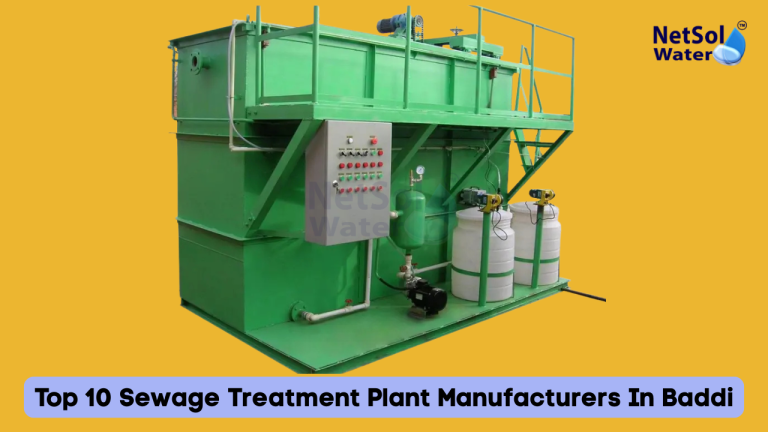
Wastewater treatment plants like STPs are necessary to manage wastewater generated by various enterprises & ensure that it is suitably treated & released into the environment in a safe manner. Before discharging wastewater into the environment or repurposing it for functions & needs other than drinking, these facilities apply modern facility-based machinery & procedures to filter out contaminants, chemical poisons, […]
Read more
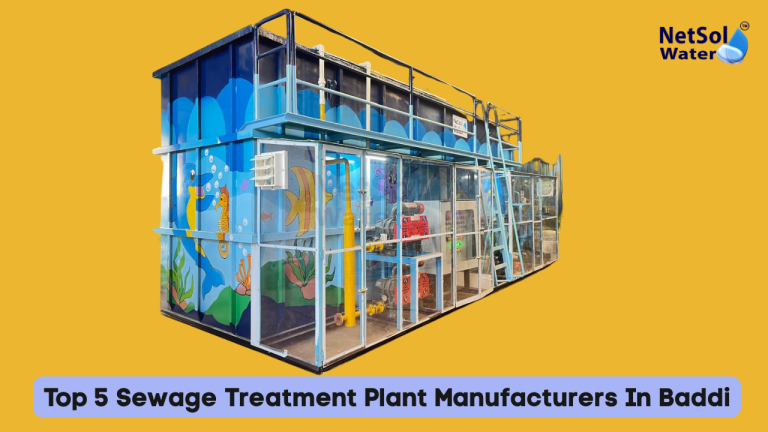
The surrounding natural resources including water sources have become less healthy: sewage is known to include high levels of nutrients with organic constituents, indicating that too much of any one of these elements may be dangerous. The top 5 sewage treatment plant manufacturers in Baddi, including the best commercial RO plant, are included in the […]
Read more
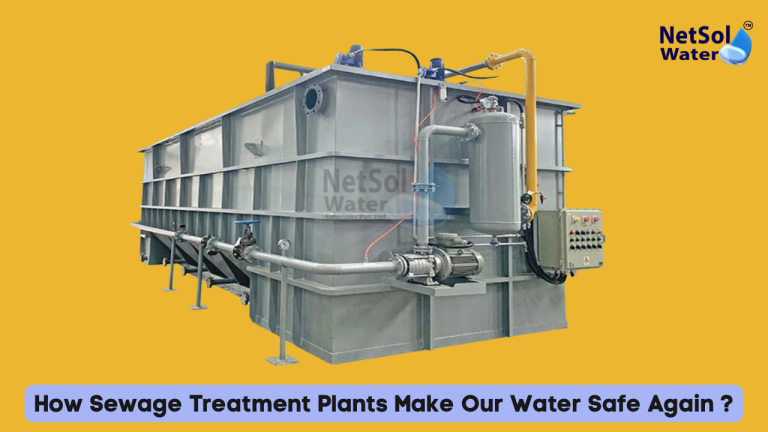
Water is a basic life resource that needs to be sanitized & protected with appropriate water safety practices to safeguard environmental balance & public health. By ensuring that all harmful germs are eliminated while additionally ensuring the water is kept safe through sanitation procedures, sewage treatment facilities create protected water supplies. Effective plant treatment purifies water […]
Read more
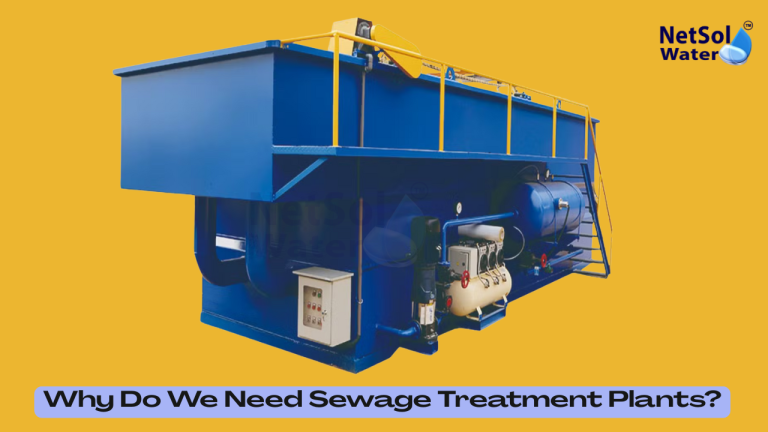
The most essential aspect in our human existence ever observed is water. Every day, we human utilize it for agriculture, cooking, drinking, bathing, & washing. However, the water gets contaminated & full with sewage waste when we utilize it. Utilized water is indirectly referred to as sewage. Sewage can harm people, animals, & even to the environment if it is not cleaned adequately. […]
Read more
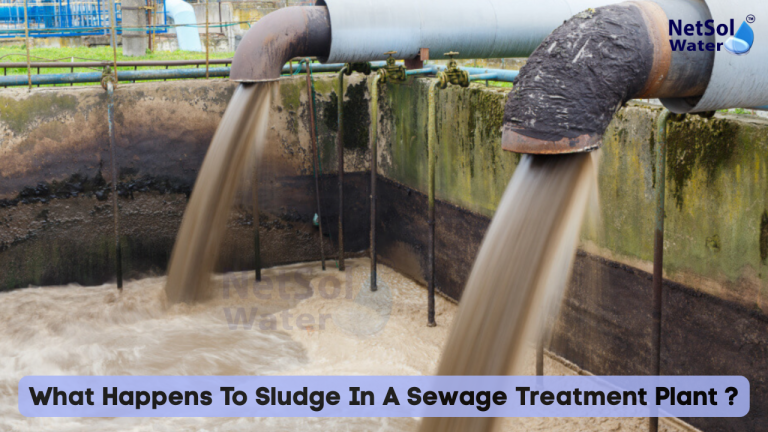
When it comes to building systems for managing sludge in a sewage treatment plants, companies like Commercial RO Plant set the standard. Solid wastes from raw water as well as wastewater are combined as sludge in a sewage treatment plant. It is actually formed when organic substances as a waste are broken down by various bacteria. Sludge management saves […]
Read more
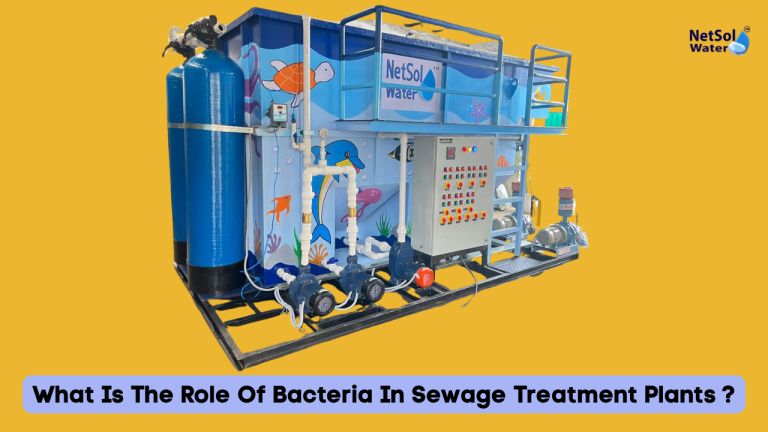
In sewage treatment units & facilities, bacteria compel the purification process in a fast mode. Wastewater is regularly cleaned by these microscopic organisms that break down organic pollutants. Without bacteria, sewage treatment would be difficult. Let’s look at how these tiny assistants restore the cleanliness of our water denoting the role of bacteria in sewage […]
Read more
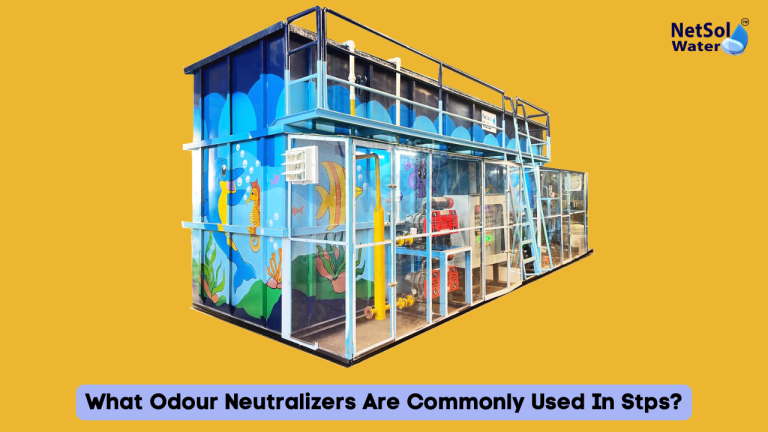
Odour control plays an important role in treatment plants. It helps keep the work area safe. It helps keep the air clean for workers and nearby communities. Many odour neutralizers exist. Each has its own strengths. Proper methods reduce foul smells. Proper methods also protect people and the environment. This blog explains common odour, neutralizers […]
Read more
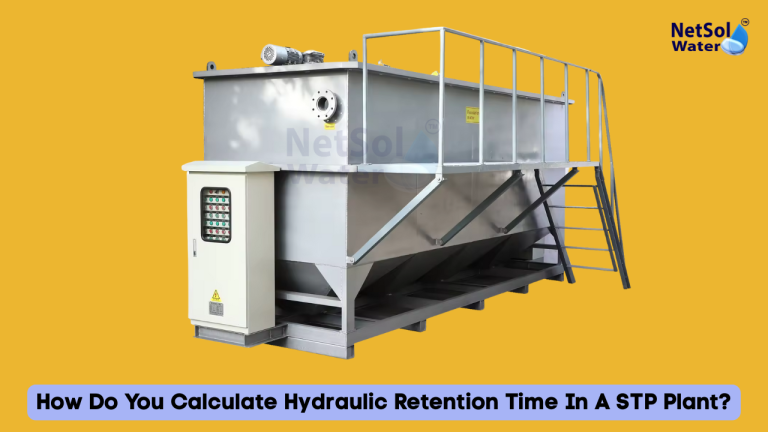
Clean water matters for every community. Sewage treatment plants remove harmful waste from water before it returns to the natural ecosystem. One way to measure treatment success is Hydraulic Retention Time or HRT. HRT tells us how long wastewater stays in a tank. Proper HRT makes sure microbes can break down contaminants fully. Commercial RO […]
Read more
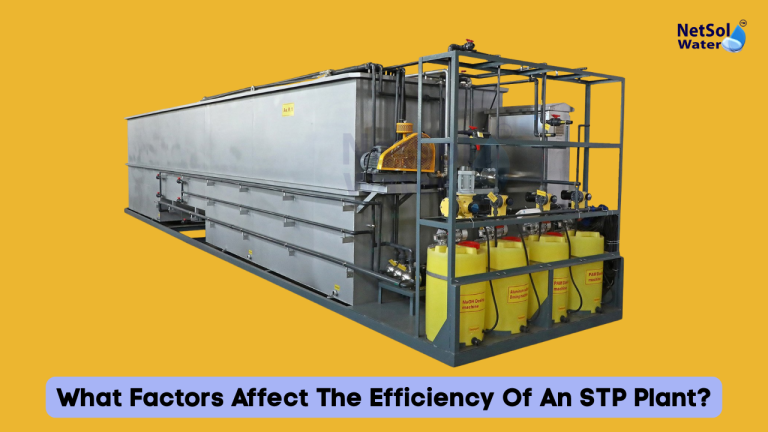
A sewage treatment plant is a big sewage treating facility that treats both sewage & its wastewater while protecting the environment. However, a number of significant factors might cause a wide range in a STP Plant’s efficiency. Knowing the components offered by a commercial RO plant that affect a STP’s effectiveness ensures that the process operates smoothly […]
Read more
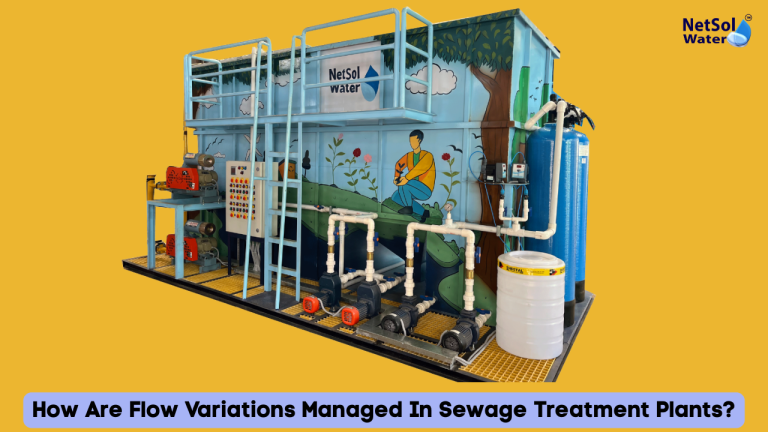
The term “flow variation in Sewage” describes variations in wastewater volume & rate that take place on every hour, every day, or seasonal basis. Because they affect the effectiveness & operation of wastewater treatment facilities, these variances are essential for sewage system design & management. What is Wastewater Flow Variation in Sewage? Variations in the […]
Read more










